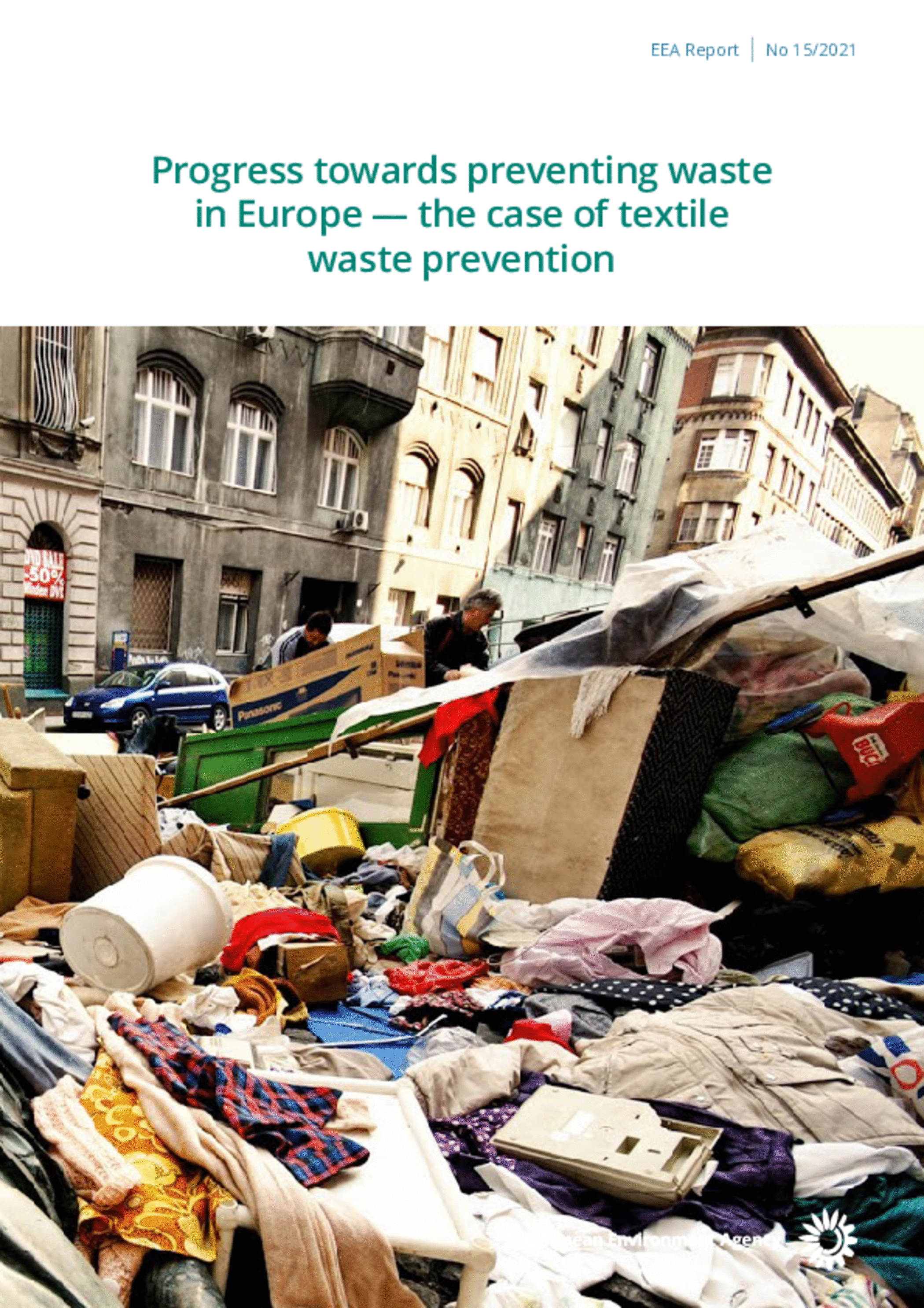All official European Union website addresses are in the europa.eu domain.
See all EU institutions and bodiesEEA Report 15/2021
Waste prevention is the best waste management policy option, according to the waste hierarchy, the EU's main rule for the environmental ranking of waste management policies. Its main objective is to reduce waste generation, the environmental impacts of waste management and the hazardousness of the waste generated. It is mainly expressed as the aspiration to break the link between waste generation and economic growth (decoupling). To support this objective, the EU and all is Member States have put in place legislation that promotes activities in products' life cycles aimed at reducing the amount of waste
generated. At the national level, these policies are described in national or regional waste prevention programmes, which have been in place in most of the countries examined since at
least 2013.
ISBN: 978-92-9480-411-2

